“Empowering Lives: Human-Centered Innovation in Health, Wellness, Aging, and Abilities”

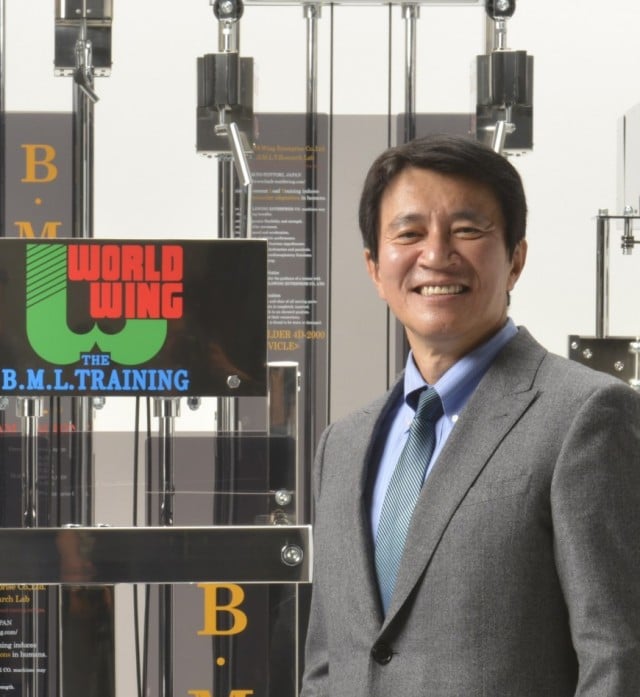
Commissioned by sport federations under the Japanese Olympic Committee (JOC), including the Japan Skating Federation, the Japan Swimming Federation, the Japan Association of Athletics Federations (JAAF), and the All Japan Judo Federation, I have conducted motion improvement studies and developed training methods for Olympic athletes. These initiatives were later applied to Paralympic athletes and, in a natural progression, extended into functional improvement research addressing cerebrovascular disorders, higher brain dysfunction, and intractable diseases. Within this framework, I developed the Beginning Movement Load Training (B.M.L.T.) Cam Machine, which employs a unique cam system enabling variable load progression, regression, and embedded phases of relaxation. This design produces smooth three-dimensional joint motion, reduces excessive muscular tension, and restores brain–neuromuscular coordination. By introducing the principle of Relaxation-Gated Torque, the device provides a training foundation that promotes neuroplasticity and re-synchronization of motor networks. Building upon this concept, I developed BeMoLo shoes, designed to activate intrinsic foot functions. With the proprietary Mechanoreceptor Gear, they stimulate plantar sensory receptors and enhance the responsiveness of the brain and nervous system. Reported outcomes include reduced stumbling in Parkinson’s disease, recovery after stroke, fall prevention in older adults, and suppression of edema. These findings have extended applications beyond athletics into hospitals and medical facilities. In this keynote lecture, I will present the B.M.L.T. Cam Machine and highlight practical outcomes of functional improvement, including cases of Parkinson’s disease, post-stroke impairments, and elderly populations.
Known among my colleagues worldwide as Dr. YASU, I, Yasushi Koyama, earned a Ph.D. in Human Sciences from the Graduate School of Human Sciences, Health and Life Sciences Program, Waseda University. I have also served as Professor in the Department of Physical Therapy at Takasaki University of Health and Welfare and as Visiting Professor at the Faculty of Medicine, Tottori University. I am currently President and CEO of World Wing Enterprise Co., Ltd., and Director of the B.M.L.T. Institute of Health and Life Sciences. My academic foundation lies in biomechanics, physiology, exercise physiology, neurophysiology, and neuromuscular physiology. Commissioned by sport federations under The Japanese Olympic Committee (JOC), including the Japan Skating Federation, the Japan Swimming Federation, the Japan Association of Athletics Federations (JAAF), and the all Japan Judo Federation, I advanced motion improvement research, functional enhancement studies, and the systematic development of training methods for Olympic athletes. These projects were later applied to Paralympic athletes and, in a natural progression, expanded into research and demonstration studies addressing cerebrovascular disorders, higher brain dysfunction, and intractable diseases. Within this work, I invented the Beginning Movement Load Training (B.M.L.T.) Cam Machine, which employs a unique cam system enabling variable load progression, regression, and embedded phases of relaxation. This design produces smooth three- dimensional joint motion, reduces excessive muscular tension, and restores brain–neuromuscular coordination. By introducing the principle of Relaxation-Gated Torque, the device provides a training foundation that promotes neuroplasticity and re-synchronization of motor networks. Building on this concept, I developed BeMoLo shoes, designed to activate intrinsic foot functions. With the proprietary Mechanoreceptor Gear, they stimulate plantar sensory receptors and enhance neural responsiveness. Reported outcomes include reduced stumbling in Parkinson’s disease, recovery after stroke, fall prevention in older adults, and suppression of edema.
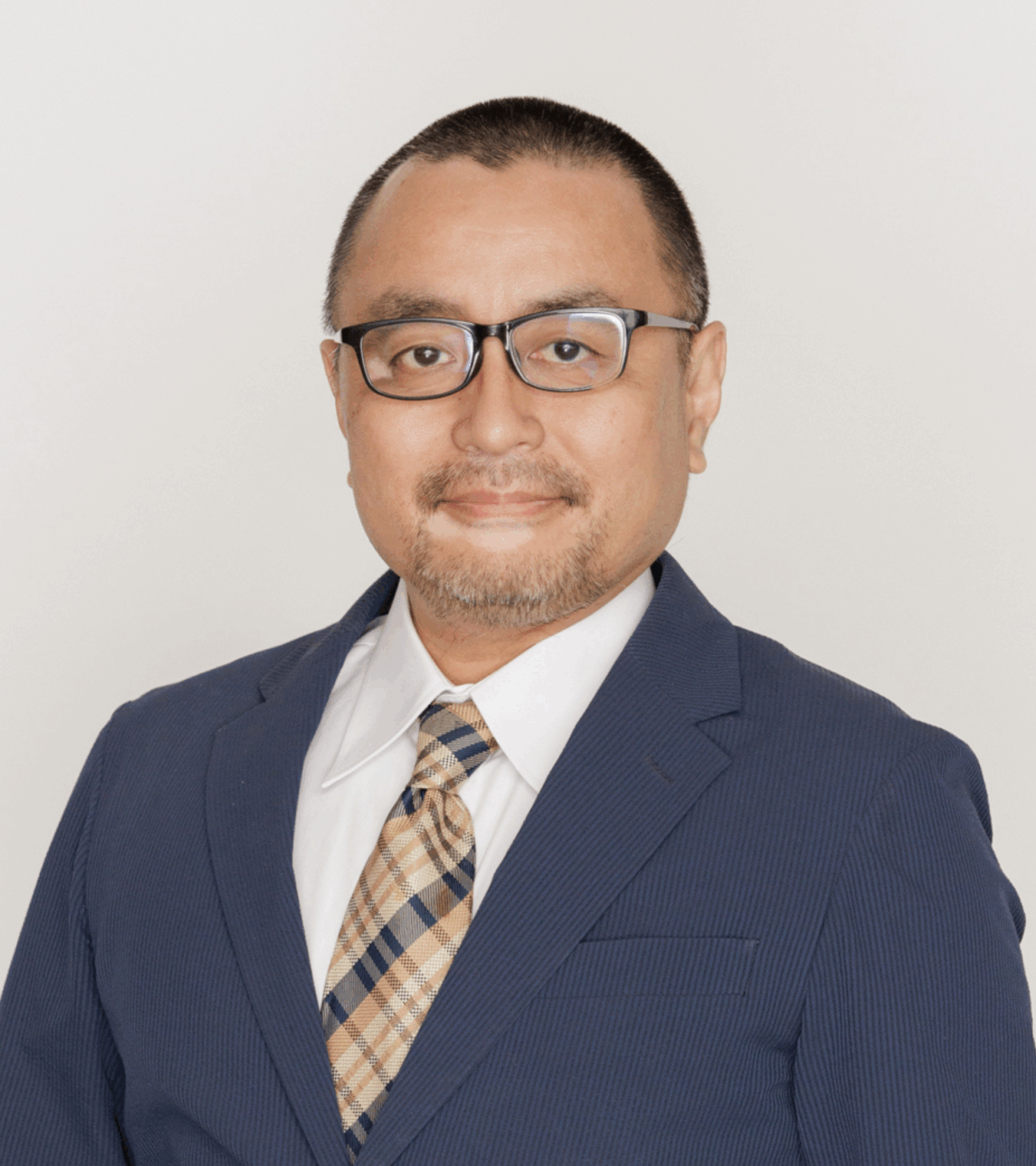
To bring robotics technology into society, it is not enough to improve only technical performance. We must also consider many other factors, such as durability and reliability in real situations, how easy the robot is to use and maintain, and how safe it is. If developers and users try to deal with all these factors from the beginning by themselves, it takes a lot of time and effort and may slow down innovation.
Standards can help solve this problem. They collect and organize past experience and knowledge into common rules or guidelines. In this way, standards work as an “innovation accelerator,” helping new technologies and ideas to spread into society more quickly and safely.
This presentation explains how standards support the social use of robot innovation from two viewpoints:
1. Standardization and Innovation Standardization is seen as a way to use lessons from the past for future progress. It helps connect new ideas to real applications and acts as a “bridge” for innovation.
2. Robotics and Standards in Practice Important standards for robot design, development, and use will be introduced. The talk will also discuss the challenges and possibilities of using Assistive Technology in society from the viewpoint of standardization.
In summary, standards are not “limitations,” but “tools” that make innovation faster and more effective. This idea will be explained with some examples, e.g., World Robot Summit in Japan.
Tetsuya Kimura received his doctoral education at the Tokyo Institute of Technology. He previously served as a research assistant at Kobe University and Osaka Prefecture University, and later as an associate professor at Nagaoka University of Technology, where he has been a professor since 2022.
His research focuses on risk assessment and performance evaluation methodologies based on international standards, supporting the social implementation of robots and drones, particularly in disaster response applications. He also contributes to STEAM education as an organizer and referee for international robot competitions such as the ABU Robocon and the RoboCup Rescue Robot League.
As part of his regional collaboration activities, he leads digital transformation (DX) initiatives in the nursing care sector as the representative of the Nagaoka City Care Innovation Hub and serves on the Regional Disaster Prevention Practical Research Center at Nagaoka University of Technology.
Following the Great East Japan Earthquake, he has contributed to national recovery and innovation efforts, serving as an expert member of the Mock-up Test Facility Specialized Committee at the Japan Atomic Energy Agency (JAEA) and as a committee member of the Ministry of Economy, Trade and Industry’s Review Committee for the Robot Test Field, advancing the Fukushima Innovation Coast Initiative.
Currently, within the New Energy and Industrial Technology Development Organization NEDO’s Realization of Advanced Air Mobility Project (ReAMo), he serves as Theme Leader for “Research and Development on Safety Management Necessary for Unmanned Aircraft Operations,” working on the development and dissemination of drone operation safety methodologies in accordance with international safety standards. Leveraging his expertise in safety standards, he also provides advisory support for corporate risk management in manufacturing and product development.
In addition to his university roles, he serves as an expert member of the Consumer Safety Investigation Committee of the Consumer Affairs Agency and as a Director of the NPO International Rescue System Institute.
Major Awards:
2020: Prime Minister’s Commendation for Distinguished Contribution to Disaster Prevention (for the development and safe implementation of disaster response robots)
2018: Minister of Education, Culture, Sports, Science and Technology Award for Science and Technology, Public Understanding Promotion Category (for dissemination and awareness-raising of safe and secure robot innovations originating from regional areas)
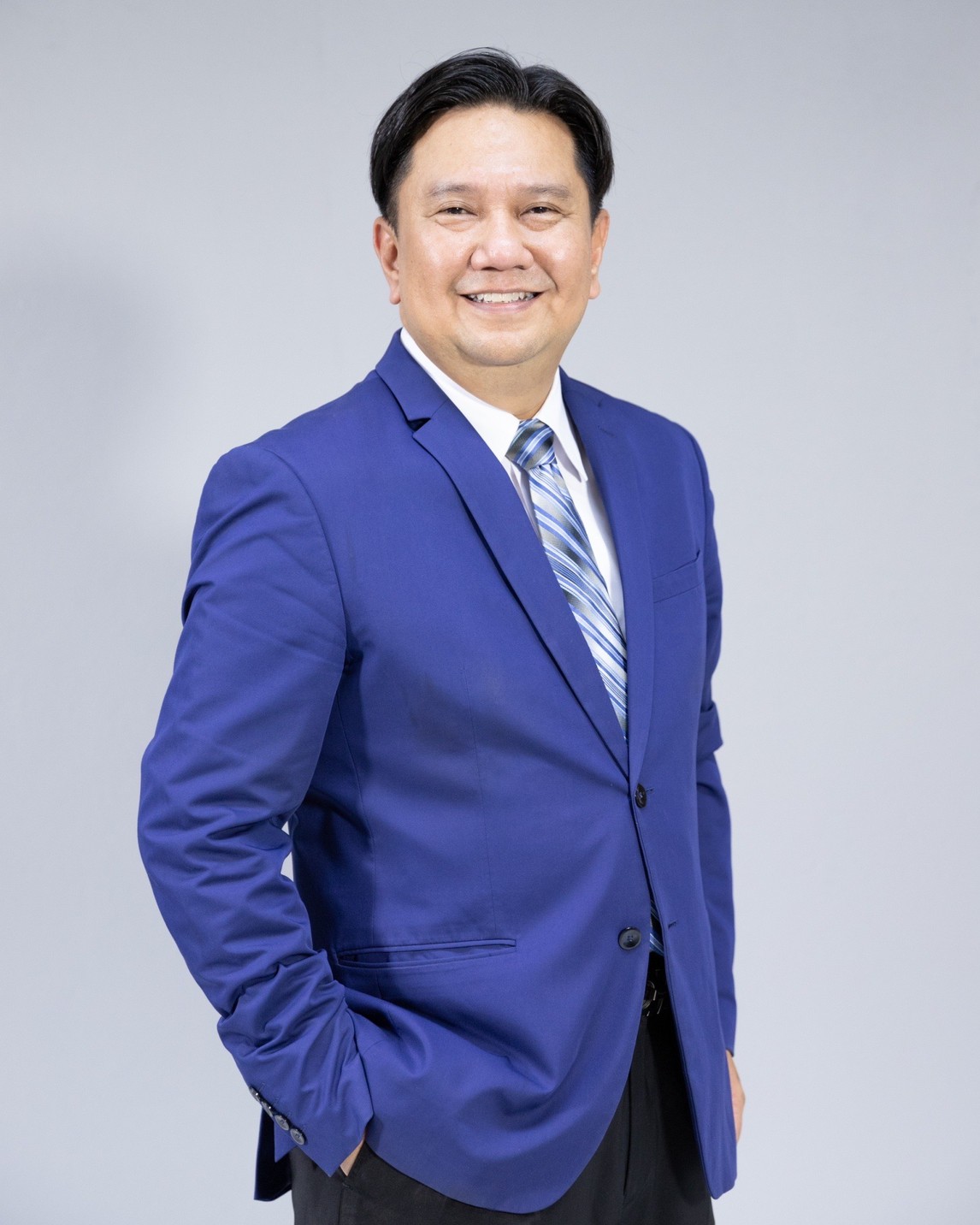
Jackrit Suthakorn is an associate professor at the Department of Biomedical Engineering at Mahidol University, Thailand. He received his Ph.D. in Robotics from The Johns Hopkins University, USA in 2023, master’s degree from Michigan Technological University, USA in 1998, and bachelor’s degree in mechanical engineering from Mahidol University, Thailand in 1995.
He was the founder of the Center for Biomedical and Robotics Technology (www.bartlab.org), the first research center to focus on Medical Robotics Research in Thailand since 2004. In 2006, he was a co-founder to establish the Thailand’s first Department of Biomedical Engineering at the Mahidol University, and he was the first department chair since then until 2015.
Then, he was appointed to be the Dean of Faculty of Engineering at Mahidol University for 2 consecutive terms from 2015 to 2023. Under his leadership: Mahidol Engineering was the Thailand’s first Engineering Institute to be accredited by “ABET, USA” for 6 engineering programs at the same time. Mahidol Engineering was also awarded the Thailand Quality Class (TQC) in 2022 as the first Science and Technology Academic Institute in Thailand. Mahidol Engineering ranked No. 3 in Thailand by the “THE” world Ranking 2022 by subjected in Engineering and Technology. He was voted to be the President of The Council of Engineering Deans of Thailand for 2 terms in 2018 and 2022.
His research interest is aiming to Medical Robotic: (1) Surgical Robotics; (2) Rehabilitation Robotics; and (3) Hospital Service and Tele-Med Robotics, including Surgical Training System, and International Standard for active medical devices. His research works have been published over 100 publications in international journals, book chapters, and peer-reviewed conferences, listed in SCOPUS database. His accumulated research funding as the PI is more than 10 million USD over the past 20 years. He was one of the co-founders of Thai Robotics Society (TRS) in 2004, and he was selected to be the President of Thailand Robotics from 2007 to 2010. He also served as the Trustee of the International ROBOCUP Federation for 2 terms from 2019-2023. He is the General Chair of the “World RoboCup 2022,” held in Bangkok Thailand, a 1.5 million USD event. Currently he is the President of Thailand RoboCup Robotics Association, the Chair of IEEE Robotics and Automation Society, Thailand Chapter and Board Member of Asian Society of Computer-Aided Surgery.
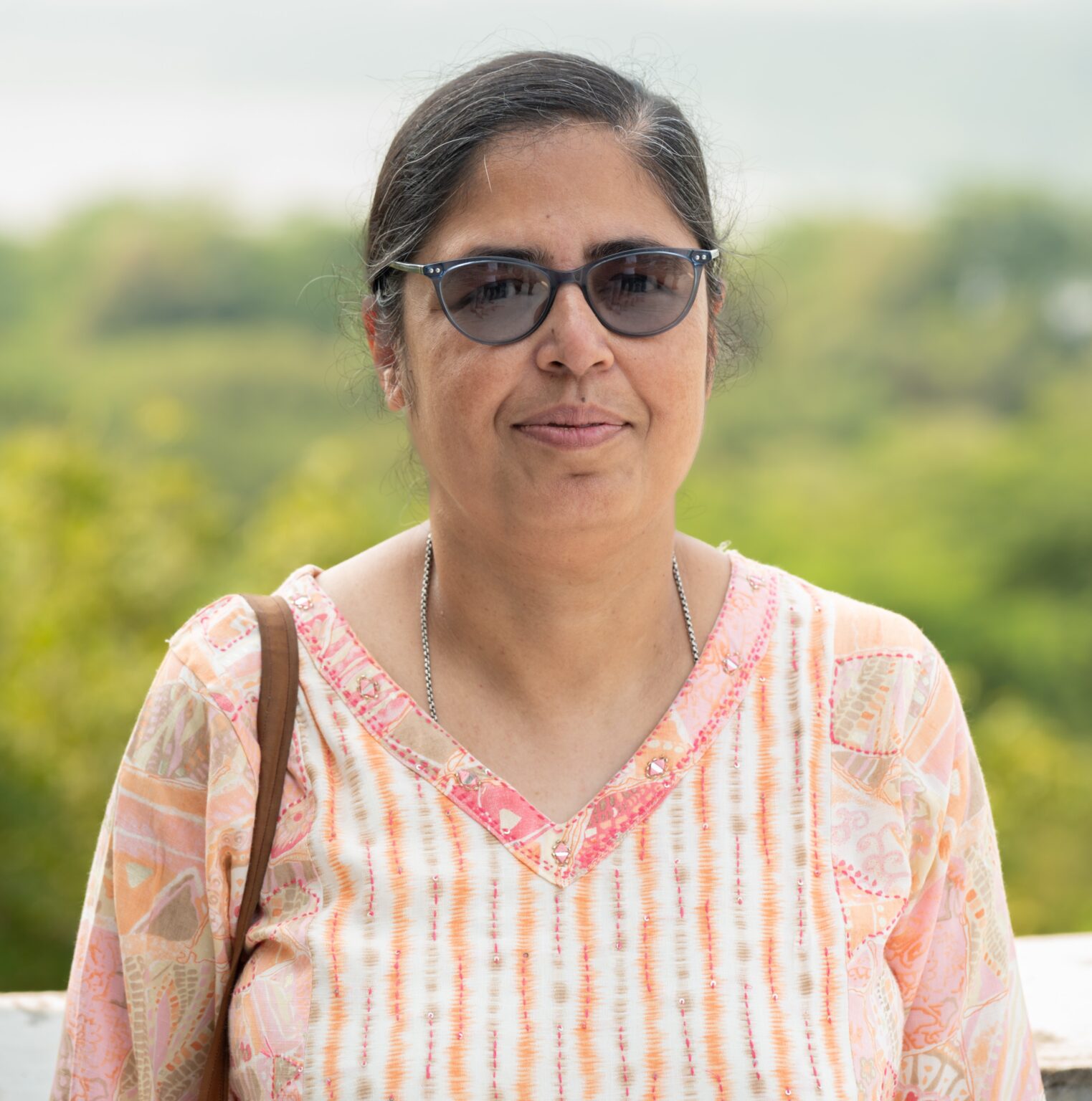
Computing augmented with Physiology has gained prominence in rehabilitation, diagnostics, affective computing and a host of other applications. With the inclusion of Artificial Intelligence and Signal Processing, Human Computer Interaction (HCI) has become more powerful and has been potent to establish seamless connectivity between ‘human’ and the ‘computing world’. The talk will highlight some of the applications of such computing related to rehabilitation, diagnostics and affective state estimation along with sharing some of the interesting research findings. With regard to rehabilitation, the talk will address how deficits in standing balance and gait can be benefited by use of Physiology-sensitive computing. With regard to diagnostics, the talk will present the work carried out on wearables. Finally, with regard to affective state estimation, the talk will present research exploring the use of gaze tracking to estimate one’s cognitive state.
Uttama Lahiri has received her BTech from Jadavpur University, MTech from IIT Kharagpur and Ph.D. from Vanderbilt University, USA. Currently, she is Professor of Electrical Engineering, and Coordinator of the Center for Biomedical Engineering at IIT Gandhinagar, India. She leads the Sarita Gelot Laboratory for Intelligent Rehabilitation and Affective Computing Systems at IIT Gandhinagar. Her research interests include Physiology-assisted diagnostics, Physiology-assisted Rehabilitation/ Intervention, Virtual Reality based Affective Computing and Rehabilitation, Eye Tracking, Physiology-based modeling techniques and Adaptive Intelligent techniques. She has received several awards, such as Tata Innovation Award, C.V. Raman Young Teachers’ Excellence Award, Outstanding Scientist Award Winner at ASEAN – India Women Scientists Conclave held at Singapore and recently awarded the prestigious Fellowship of the Indian National Academy of Engineering to name a few. With her research team, she has filed several National and International patent applications with many being approved. She has completed several National and International externally-funded research projects and some of the funded projects are ongoing. Last but not the least, she enjoys reading, teaching, research and shaping young minds while spending time with her undergraduate, and post graduate students.
The 18 th International Convention on Rehabilitation Engineering and Assistive Technology (i-CREATe 2025) which will be held on November 24th-26th, 2025 at Bangkok, Thailand.


The Information Technology Foundation under the Initiative of Her Royal Highness Princess Maha Chakri Sirindhorn
73/1 National Science and Technology Development Agency Building, Rama 6 Road, Ratchatewi, Bangkok 10400, Thailand
Center for Biomedical and Robotics Technology
(BART LAB)
Faculty of Engineering, Mahidol University
999 Phutthamonthon Sai 4 Rd, Salaya,
Phutthamonthon, Nakhon Pathom 73170, Thailand
National Science and Technology Development Agency (NSTDA)
Thailand Science Park,
111 Khlong Nung, Phahonyothin Rd.
Khlong Luang, Pathum Thani 12120, Thailand
Copyright 2025 All Rights Reserved